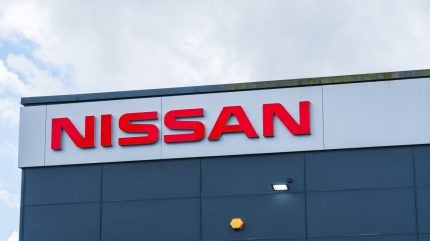
Nissan Motor has reportedly decided to abandon its plan to build a $1.1bn electric vehicle (EV) battery factory on the southwestern island of Kyushu, Japan.
This decision marks a shift in strategy for the automaker, which had previously announced the lithium iron phosphate (LFP) battery plant in January.

Discover B2B Marketing That Performs
Combine business intelligence and editorial excellence to reach engaged professionals across 36 leading media platforms.
The Japanese government had allocated a subsidy of up to Y55.7bn ($383m) for the project, which was expected to generate approximately 500 jobs.
The company said in a statement: “Nissan is taking immediate turnaround actions and exploring all options to recover its performance.
“After careful consideration of (the) investment efficiency, we have decided to cancel the construction of a new LFP battery plant in Kitakyushu City, Fukuoka Prefecture.”
According to materials on Japan’s industry ministry’s website, Reuters reported that the plant was projected to start supply in July 2028 or later, with an annual production capacity of 5 gigawatt-hours (GWh).
Nissan’s new CEO Ivan Espinosa, who took over from Makoto Uchida, is currently restructuring the company’s operations.
This includes shedding employees, reducing production capacity, and closing plants.
In March 2025, Nissan reported a 3.4% year-on-year decline in global sales to 353,463 vehicles, including Nissan and Infiniti models.
Both domestic and overseas volumes saw a decrease, with sales in Japan falling by 11.5% to 52,403 units and overseas deliveries dropping by 1.8% to 301,060 units.
During the last financial year (FY2024), from April 2024 to March 2025, global sales fell by 4.3% to 3,298,140 units.
Sales in Japan decreased by 4.8% to 460,868 units, while overseas sales declined by 4.2% to 2,837,272 units.






